Here we’ve linked to different webinar series that have been developed by institutions or organizations in southern Africa, and that explore issues of resilience, sustainability, complexity, and transformation. Please click on the links to find out more.

Centre for Sustainability Transitions
A series of webinars hosted by the Centre for Sustainability Transitions (CST) at Stellenbosch University, with a focus on addressing real-world sustainability challenges with the help of complexity and resilience thinking.
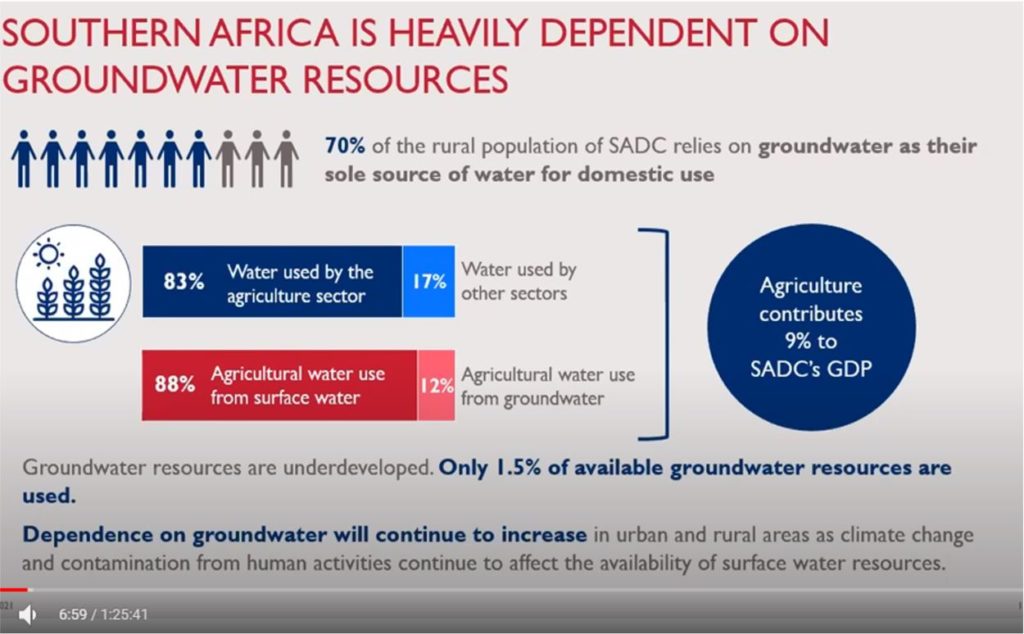
Resilient Waters Program
This webinar on “The Value of Water: Lessons learned from the USAID Resilient Waters Program” is hosted by Chemonics International, and examines the value of water at transboundary, national, and community levels in southern Africa.
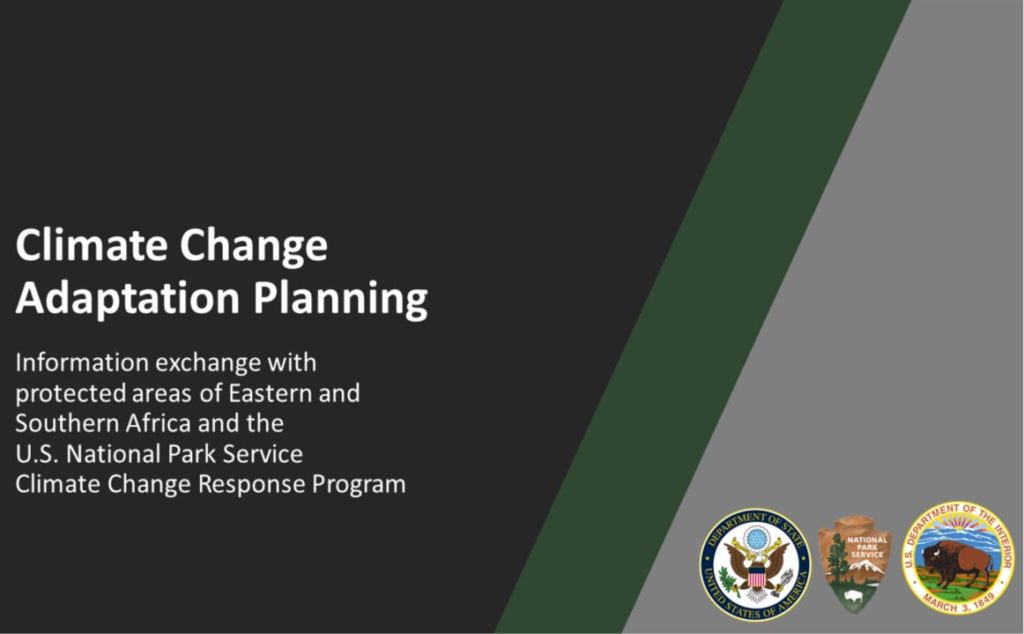
Climate Change Adaptation Planning
The U.S. National Park Service and partners in Southern and Eastern Africa protected areas host a 10-part webinar series in 2022 to share priority issues, tools, case studies, and best practices to implement climate change adaptation planning.
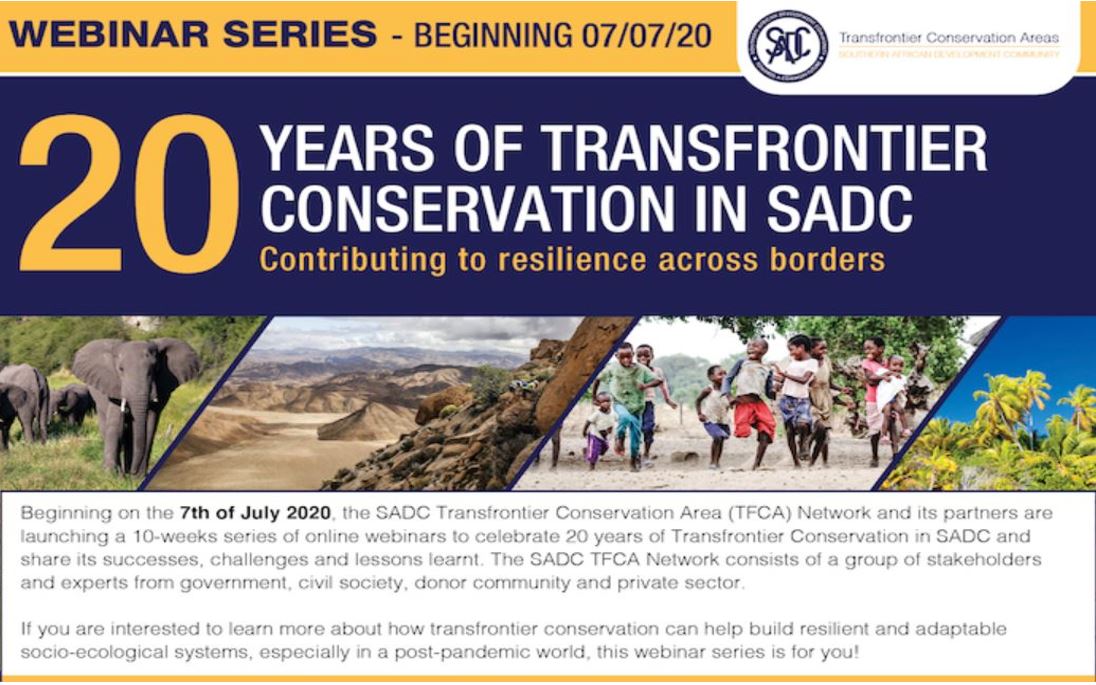
Transfrontier Conservation Area
The Southern African Development Community’s Transfrontier Conservation Area (TFCA) Network and its partners launched a 10-week series of online webinars to celebrate 20 years of transfrontier conservation in southern Africa.

Association for Water and Rural Development
A webinar series hosted by The Association for Water and Rural Development (AWARD), with a focus on transboundary water and biodiversity governance, as well as climate change resilience.
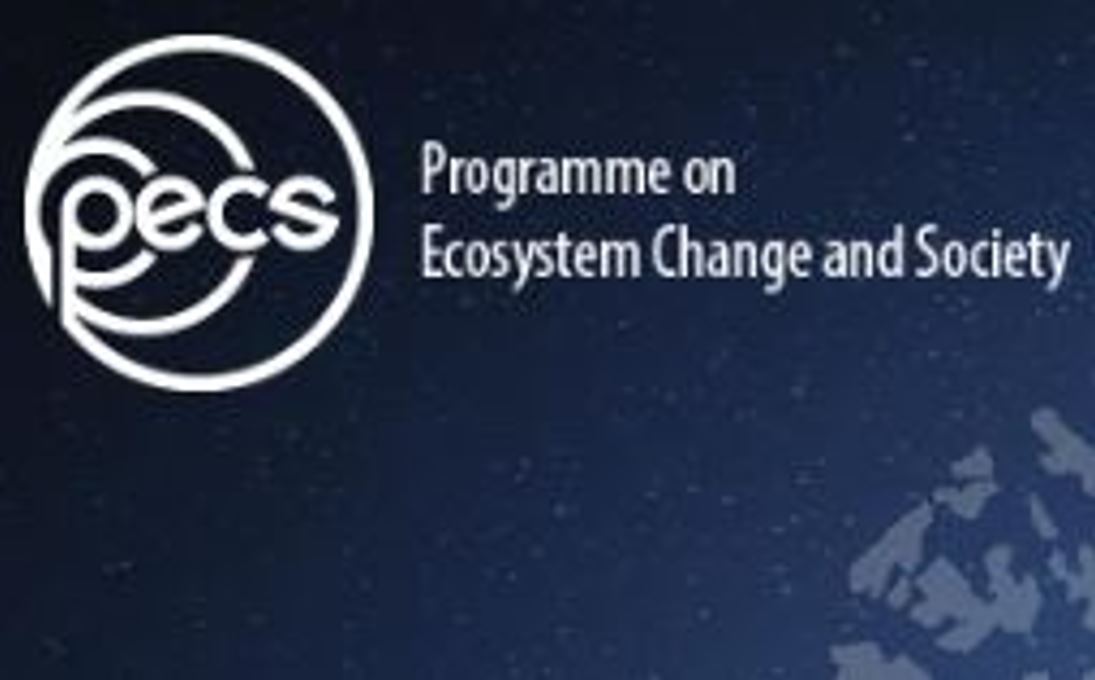
Program on Ecosystem Change & Society
This is a series of webinars hosted by Future Earth’s Programme on Ecosystem Change and Society (PECS). The focus is on exploring different methods of analyzing human-environment interactions.
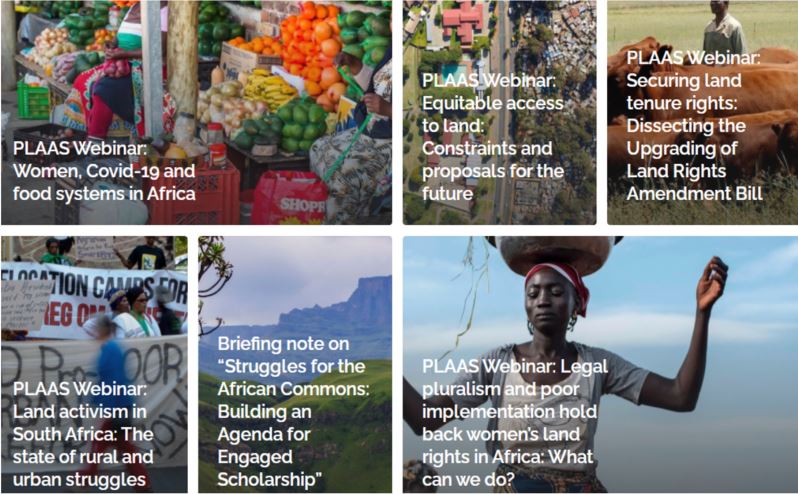
Poverty, Land and Agrarian Studies
The Institute for Poverty, Land and Agrarian Studies (PLAAS) at the University of the Western Cape focuses on the dynamics of chronic poverty and structural inequality in southern Africa. Their 2020 webinar series explores many different topics, including food security, land tenure rights, and the gendered impact of COVID-19.
